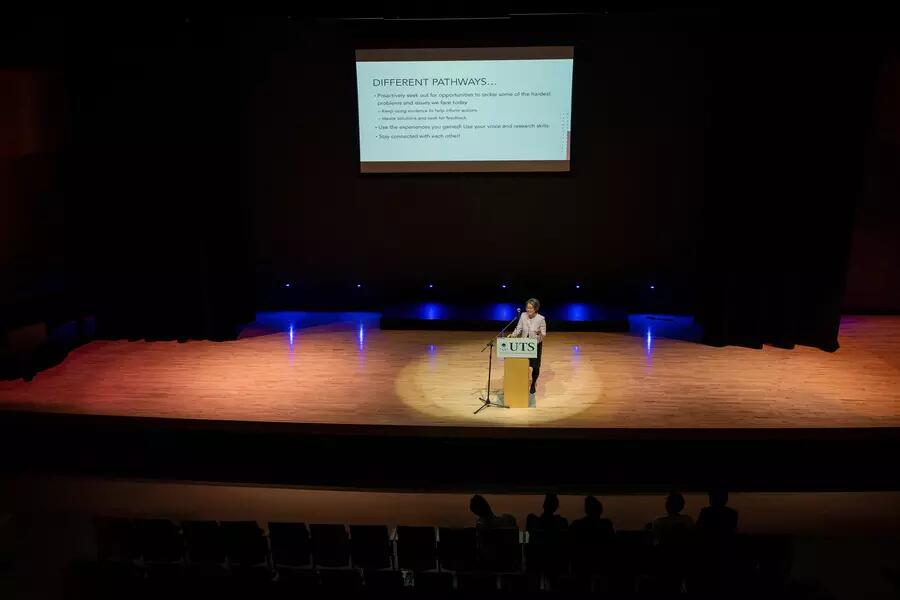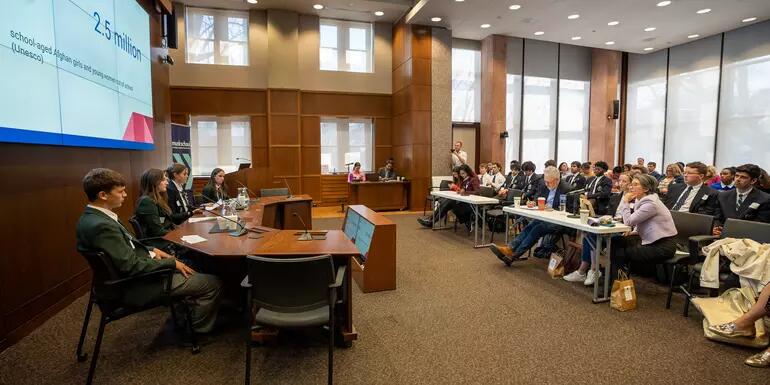In an increasingly digital world, approximately 2.6 billion people remain offline, unable to access the vast opportunities and resources available through the internet. How can we bridge this digital divide and ensure equitable access to digital technologies, particularly in underserved communities and developing nations?
The digital divide has emerged as one of the most pressing challenges of our time, with far-reaching consequences for economic development, education, healthcare, and social equality. As digital technologies continue to reshape every aspect of modern life, the gap between those with access to these technologies and those without threatens to exacerbate existing inequalities and create new forms of exclusion.
This year's GII Challenge entails exploring the consequences of the digital divide and finding ways in which we can address its wide-ranging implications on education, economic development, health care, and social inclusion. We challenge students to understand the complexities of this issue and envision strategies to ensure that the benefits of the digital society are accessible to all.









